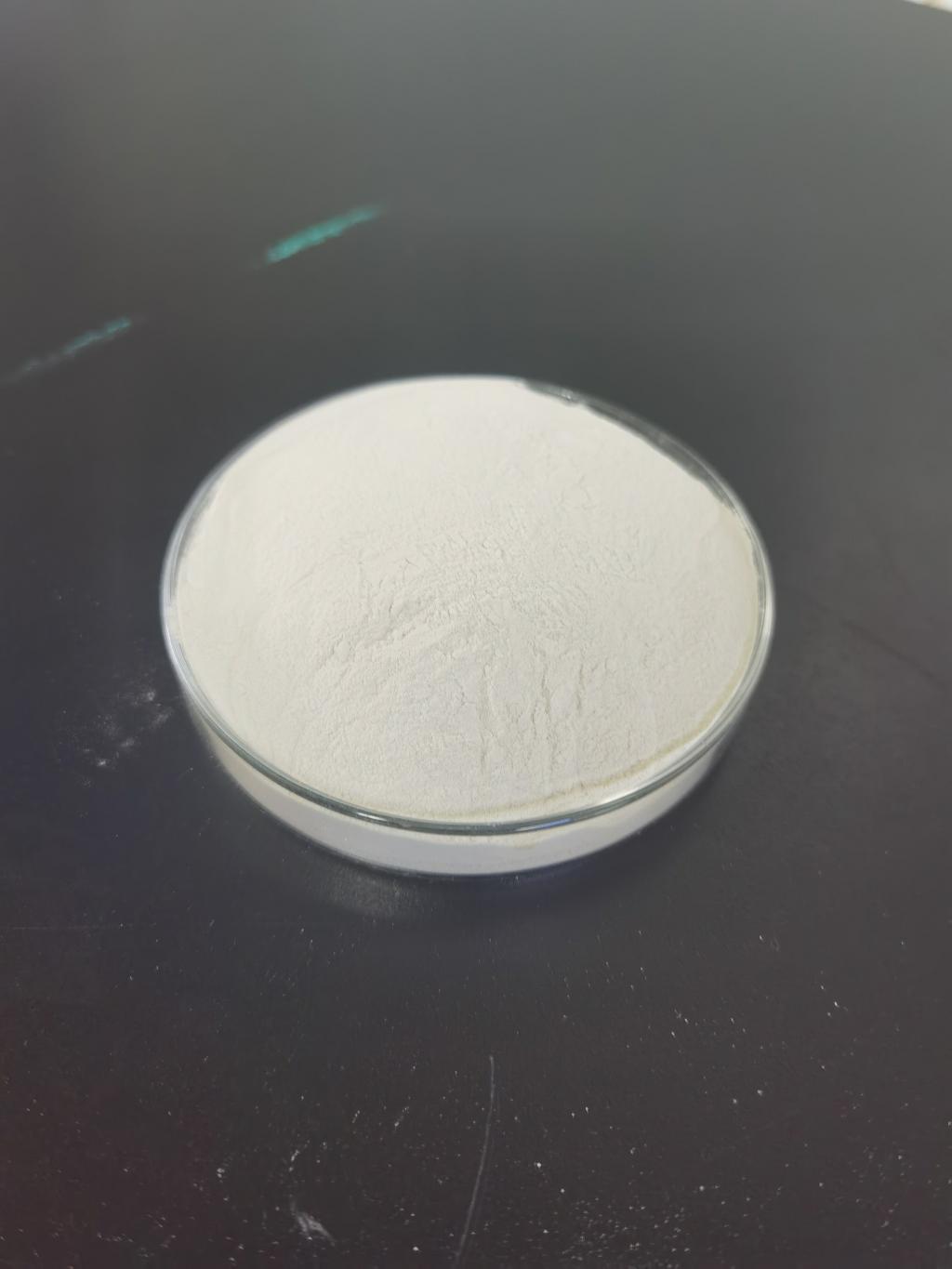Tel:+8618231198596

News
 CONTACT
CONTACT
 CONTACT
CONTACT
- Linkman:Linda Yao
- Tel: +8618231198596
- Email:linda.yao@dcpharma.cn
- Linkman:CHARLES.WANG
- Department:Overseas
- Tel: 0086 0311-85537378 0086 0311-85539701
News
Nisin's applications in the beverage industry.
TIME:2024-05-16
Mechanisms of Action:
Nisin exerts its antimicrobial activity primarily by disrupting the integrity of bacterial cell membranes. It binds to lipid II, a precursor molecule involved in cell wall synthesis, leading to pore formation and leakage of intracellular contents, ultimately resulting in cell death. This mode of action makes nisin effective against a wide range of Gram-positive bacteria, including spoilage organisms and foodborne pathogens commonly found in beverages.
Applications in Beverage Preservation:
Preservation of Fruit Juices and Nectars: Nisin can be added to fruit juices and nectars to inhibit the growth of spoilage bacteria, yeast, and molds, thereby extending shelf life and maintaining product freshness.
Protection of Dairy-Based Beverages: In dairy-based beverages such as flavored milk and yogurt drinks, nisin helps prevent the growth of spoilage bacteria and lactic acid bacteria, ensuring product stability and safety throughout shelf life.
Enhancement of Carbonated Beverages: Nisin can be incorporated into carbonated beverages to control microbial contamination, prevent off-flavor development, and maintain product quality during storage and distribution.
Regulatory Considerations:
In many countries, nisin is approved as a food additive with established maximum residue limits (MRLs) for various food products, including beverages. However, its use in specific beverage formulations may be subject to regulatory approvals and considerations, particularly regarding maximum permitted levels, labeling requirements, and safety assessments.
Benefits and Challenges:
Benefits:
Effective Preservation: Nisin inhibits the growth of a wide range of spoilage and pathogenic microorganisms, extending shelf life and maintaining product quality.
Natural Origin: Nisin is a natural antimicrobial peptide produced by fermentation, making it suitable for clean label and natural food and beverage formulations.
Versatile Compatibility: Nisin is compatible with a wide range of beverage formulations, including acidic, neutral, and alcoholic beverages, without affecting taste or sensory attributes.
Challenges:
Regulatory Compliance: Compliance with regulatory requirements and maximum permitted levels may vary across different regions and countries, requiring careful consideration and adherence to local regulations.
Formulation Optimization: The effectiveness of nisin may vary depending on factors such as beverage pH, processing conditions, and interactions with other ingredients, necessitating formulation optimization and compatibility testing.
Future Perspectives:
The growing demand for clean label, natural, and minimally processed beverages has fueled interest in natural antimicrobial agents like nisin. Future research and development efforts may focus on:
Optimization of Formulation and Delivery: Developing innovative formulations and delivery systems to enhance nisin's stability, efficacy, and compatibility with different beverage matrices.
Consumer Acceptance and Perception: Understanding consumer attitudes and perceptions towards nisin and other natural antimicrobial agents in beverages, addressing potential concerns, and communicating the benefits of microbial safety and shelf life extension.
Conclusion:
Nisin offers significant potential for enhancing microbial safety, quality, and shelf life in a variety of beverages. Its natural origin, broad-spectrum antimicrobial activity, and compatibility with different beverage formulations make it a valuable tool for beverage manufacturers seeking to meet consumer demands for safe, high-quality, and sustainable products. However, continued research, regulatory compliance, and consumer education are essential for maximizing the benefits of nisin while addressing challenges and ensuring its safe and effective use in the beverage industry.
- Tel:+8618231198596
- Whatsapp:18231198596
- Chat With Skype







